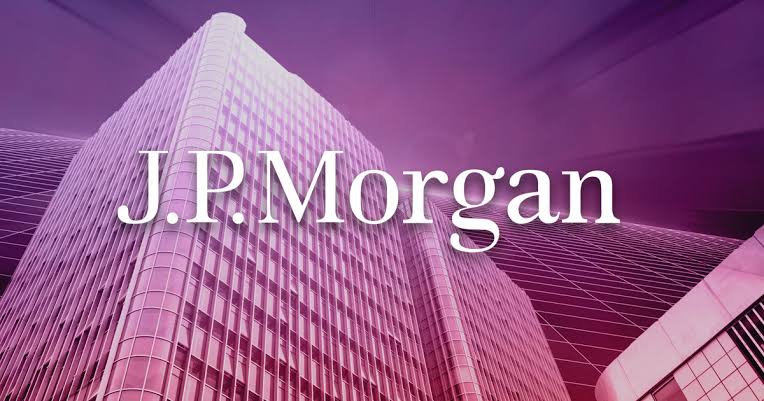JPMorgan, the United State’s leading bank, announced that it has created a lounge in Decentraland, a virtual world based on blockchain technology, making it the first lender to enter the metaverse.
On Tuesday, the Wall Street bank launched a “Onyx lounge” in the metaverse, a virtual lounge in the blockchain-based realm of Decentraland (the name relates to the bank’s suite of permissioned Ethereum-based services).
“There is a lot of client interest to learn more about the metaverse,” Christine Moy, JPMorgan’s head of crypto and the metaverse, said in an email.
“We put together our white paper to help clients cut through the noise and highlight what the current reality is, and what needs to be built next in technology, commercial infrastructure, privacy/identity and workforce, in order to maximize the full potential of our lives in the metaverse.”
Users can acquire virtual plots of land in the form of NFTs and make purchases with cryptocurrency backed by the Ethereum blockchain in Decentraland.
On Twitter, users have detailed their time at the Onyx lounge, mentioning a portrait of CEO Jamie Dimon and a tiger lurking nearby.
In addition, the company published a paper outlining the metaverse potential they are pursuing.
J.P. Morgan can operate like a bank in the virtual world just like it can in the real world because virtual worlds in the metaverse have their own population, GDP, and currencies, according to the report. It can support cross border payments, foreign exchange, financial asset creation, trading, and safekeeping in the same way that a bank can.
JPMorgan starts its analysis of “metanomics” by noting that the average price of a virtual plot of land doubled in the second half of 2021, rising from $6,000 in June to $12,000 in December across the four major Web 3 metaverse sites: Decentraland, The Sandbox, Somnium Space, and Cryptovoxels.
“In time, the virtual real estate market could start seeing services much like in the physical world, including credit, mortgages and rental agreements,” said the JPMorgan report.
It went on to say that decentralized finance (DeFi) collateral management might play a role, and that this could be handled by decentralized autonomous organizations rather than traditional finance businesses (DAO).
